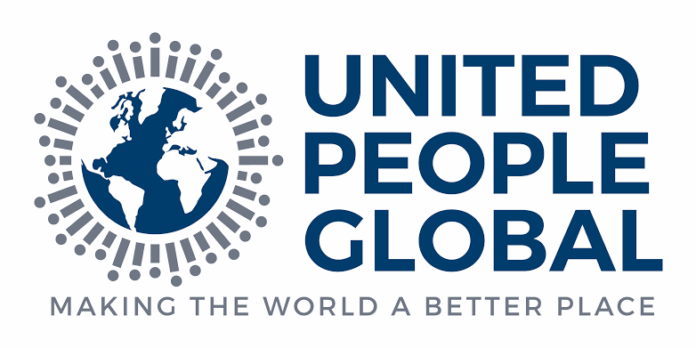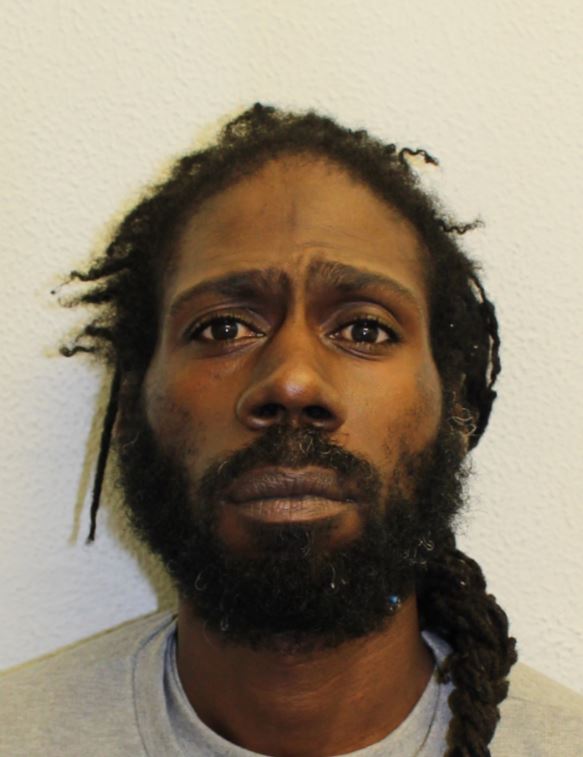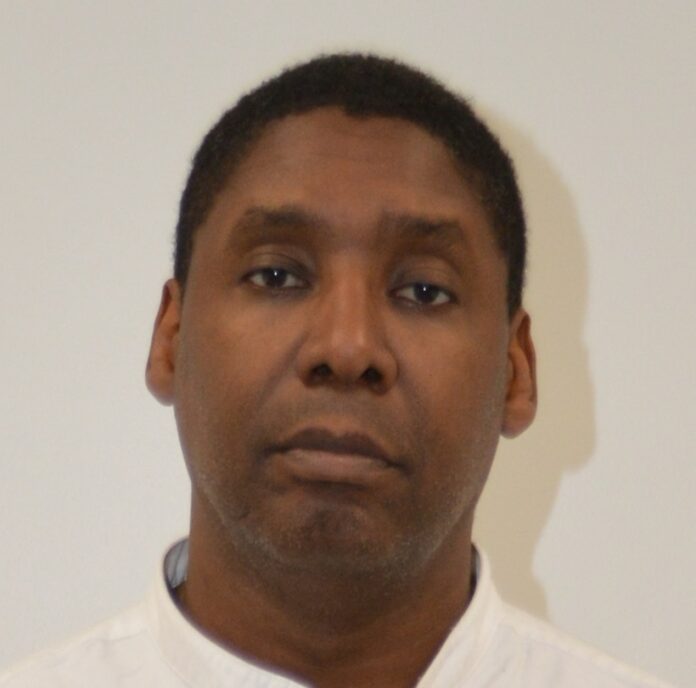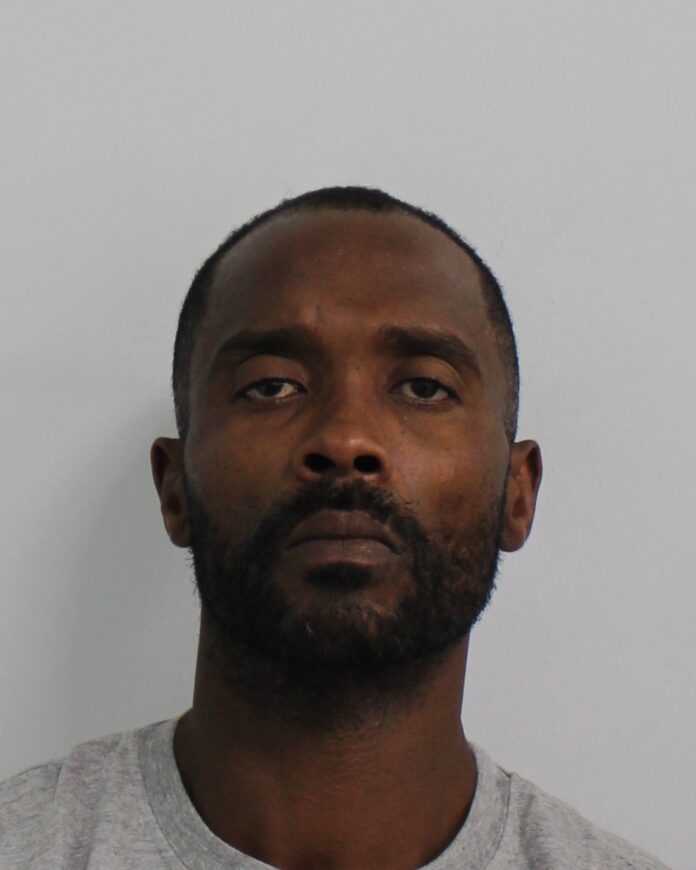Thank you, Bernard, for that kind introduction. And thank you to SIFMA for having me here at your annual AML and Financial Crimes Conference.
Over the last several months, the Department has made clear that its mission is to protect hard-working Americans from the most serious threats. In the Criminal Division, we are working relentlessly to eliminate cartels and transnational criminal organizations (TCOs), dismantle human smuggling operations, curb the flow of fentanyl and other dangerous drugs, and neutralize child predators and violent criminals, including by securing significant charges and prison sentences against the worst criminal actors.
White-collar crime also poses a significant threat to U.S. interests. Unchecked fraud in U.S. markets and government programs robs hardworking Americans and harms the public fisc. The deadly activities of cartels and TCOs are enabled by international money laundering organizations and other financial facilitators. Illicit financial and logistical networks undermine our national security by facilitating sanctions evasion by hostile nation-states and terror regimes.
Today, I’m here to discuss the role the Criminal Division plays in combating these crimes.
The Criminal Division has always been a leader in white-collar enforcement and in the development of corporate enforcement policy. Our work prevents the distortion of markets through unfair external forces based on fraud and deceit.
But recently, those efforts have come at too high a cost for businesses and American enterprise. Companies need clear guidance and certainty on the concrete benefits that each company, their shareholders, boards, and customers can earn through self-reporting, owning up to criminal conduct, remediating, and cooperating with the Department. Too often, businesses have been subject to unchecked and long-running investigations that can be costly—both to the Department and to the subjects and targets of its investigations—and can unduly interfere with day-to-day business operations. These costs and uncertainty have deterred companies from working with the Department and diverted the Department’s resources from tackling the most significant threats facing our country.
In short, if companies continue to assume that the Department will be quick and heavy-handed with the stick, and stingy with the carrot, the system will continue to generate lengthy drawn-out investigations that are ultimately detrimental to companies and the Department. This approach has deterred companies from cooperating and allowing the Department to more readily target the most culpable actors.
And so the Criminal Division is turning a new page on white-collar and corporate enforcement.
We start from first principles: recognizing that law-abiding companies are key to a prosperous America. As stated in the America First Investment Policy, “Economic security is national security.” Through hard work and innovation, we can build a stronger economy that benefits Americans from Main Street to the C-suite. We have created the safest and most secure financial system in the world, ensured an even playing field where—no matter your background—you can compete in our marketplace, and rooted out those who would prey on the vulnerable through scams and schemes.
Most corporations and financial institutions want to play by the rules and provide value for their shareholders and their customers. And that is what we want them to remain focused on. Excessive enforcement and unfocused corporate investigations stymie innovation, limits prosperity, and reduces efficiency.
So that ends today. Current Department leadership recognizes the critical role that American companies play—not just in growing our economy, but also in the fight against the most serious criminal actors. Many of you, particularly those of you in an AML compliance role, are on the front lines defending your companies against criminal actors. You work every day to implement systems to keep your companies, your customers, and your shareholders safe. You follow the guidance from your regulators. And you can provide critical information to ensure that the Department can prosecute the worst offenders, the individual fraudsters, those that shadow bank for hostile nation-states, cartel enablers, and other financial facilitators of transnational crime. We are here to prosecute criminals, not law-abiding businesses.
To that end, I am announcing the Criminal Division’s white-collar enforcement plan. This plan will focus the Criminal Division’s efforts on the most egregious white-collar crime to make our nation safer and more prosperous, vindicate victims’ rights, maximize the use of the Department’s resources, and provide fairness and transparency to individuals and companies alike. As part of this plan, I am revising three of the key corporate enforcement policies of the Criminal Division to reflect these priorities.
So, let me take a few minutes and walk you through the changes I am implementing at the Criminal Division under the new Administration.
Effective white-collar prosecution requires focus, fairness and efficiency—three principles that will guide the work of Criminal Division prosecutors going forward.
The Criminal Division is laser-focused on the most urgent threats to our country, our citizens, and our economy. I have instructed all of our prosecutors to focus their white-collar prosecution efforts on the key threats to America.
Fraud perpetrated against Americans as individuals, as taxpayers, and as recipients of government services are core to this focus. Millions of Americans are victimized by fraudsters every day, some losing their hard-earned life savings. These schemes harm the public and weaken the integrity of our markets.
Similarly, dishonest actors seek to take advantage of our government and enrich themselves through waste, fraud, and abuse. Those that defraud Medicare, our defense infrastructure, and other public benefit programs and government agencies, steal not only from the government but divert much-needed support from the most vulnerable Americans.
Criminals also seek to exploit our financial system, which is the safest in the world. Just as Americans seek the security that the system provides, dangerous cartels, hostile nation states, and terrorists seek to exploit that system to further their heinous crimes and threaten our economy and our national security.
You are the first line of defense against these schemes—companies and particularly financial institutions with well-functioning compliance programs have a unique role to play in this fight.
We are here to work with you. Our goal is practicality. Root out criminal conduct in the most cost-effective ways. But make no mistake, the Criminal Division will hold accountable those that choose a different path, those that enable criminals. It is incumbent upon us as representatives of the American people to do so.
Today, the Criminal Division is releasing revised corporate enforcement policies that emphasize the role of and benefits for law-abiding companies and companies that are ready to acknowledge and learn from their mistakes. Specifically, we are making clearer the benefits for companies that self- report. Companies that are ready to take responsibility should not be overburdened by enforcement. The revised policies are aimed at incentivizing you to come forward, come clean, reform, and cooperate with the government in efficient investigations and prosecutions of the most culpable actors.
Let me take a minute to outline the changes you’ll see in our policies.
We have revised the Criminal Division’s Corporate Enforcement and Voluntary Self-Disclosure Policy, or CEP. The CEP is the Criminal Division’s primary guide to corporate enforcement and voluntary self-disclosure. But it had gotten unwieldy and hard to navigate. We want to be as transparent as we can to companies and their counsel about what to expect under our policies. Therefore, under my direction, the Fraud Section and the Money Laundering and Asset Recovery Section have revised the CEP to simplify the policy and clarify the outcomes that companies can expect.
What is the primary message I want you to take back to your companies about the new CEP? Self-disclosure is key to receiving the most generous benefits the Criminal Division can offer. Why? Because coming forward and coming clean lets the Department devote its resources to investigating and prosecuting individual wrongdoers and the most egregious criminal schemes. Companies can avoid what we have all seen in the past: burdensome, years-long investigations that inevitably end in a resolution process in which the company feels it must accept the fate the Department has ultimately decided.
Under the new CEP—with an easy-to-follow flow chart—companies that voluntarily self-disclose and meet other criteria will receive a declination, not just a presumption of a declination. More precisely, those companies that meet our core requirements—voluntarily self-disclose to the Criminal Division, fully cooperate, timely and appropriately remediate, and have no aggravating circumstances—will not be required to enter into a criminal resolution. This is a clear path to declination.
For companies that are willing to meet all the voluntary self-disclosure, cooperation, and remediation requirements but may have concerns about coming forward because they have aggravating circumstances, the revised policy makes clear that you may still be eligible for a CEP declination based on weighing the severity of those aggravating circumstances and the company’s cooperation and remediation.
And the changes aim to also provide enhanced clarity and benefits for companies who in good faith self-disclose either not quickly enough or after—unbeknownst to them—the Department has already become aware of the misconduct. The CEP revisions put an end to the guessing game companies previously faced under these circumstances.
Now, the CEP makes clear that those companies are still eligible to receive significant benefits—an NPA with a term of fewer than three years, 75% reduction of the criminal fine, and no monitor.
As I said before—the key here is self-disclosure. Where a company does not self-disclose, it will not receive these benefits. But, consistent with the high-level principles I’ve discussed, in those circumstances, Criminal Division prosecutors still have discretion to recommend a resolution of any form, with a three-year term, monitor and up to 50% reduction in the fine.
I am also announcing revisions to our monitor selection policy.
As with unchecked enforcement, unrestrained monitors can be a burden on businesses that are frequently making self-directed improvements and investing significant amounts in their own compliance programs to solve problems internally and proactively. Without appropriate oversight from the Criminal Division, monitors can create an adversarial relationship with the companies they monitor, impose significant expense, stray from their core mission, and unduly interfere with business. At times, the money companies spend on their monitor could be better spent investing in their compliance programs or, if they haven’t already, making victims whole.
In short, the value monitors add is often outweighed by the costs they impose, so you can expect to see fewer of them going forward. For pre-existing monitorships, the Criminal Division is reviewing each one in an effort to narrow their scope or, where appropriate, terminate a monitorship altogether, based on a totality of the circumstances review.
In limited circumstances, however, a narrowly-tailored monitorship that is right-sized to the conduct it seeks to remedy, can be an effective resource to provide independent oversight and review to companies that are struggling to implement effective compliance programs on their own.
I have asked the experts in the Criminal Division to revise the Division’s policy on selection of monitors, consistent with these principles and concerns. Our new policy clarifies the factors prosecutors must consider to impose a monitor and to narrowly scope and tailor the monitor’s mandate when a monitor is imposed.
Let me walk you through some of the key changes. The top line value criterion is that the benefits of the monitor should outweigh its costs, both monetary costs, as well as burdens on the business’ operations. A monitor’s costs must be proportionate to the severity of the underlying conduct, the profits of the company, and the company’s present size and risk profile. Therefore, factors prosecutors will consider are:
First, the nature and seriousness of the conduct and the risk that it will happen again. In analyzing the nature and seriousness of the conduct, the Department will focus chiefly on harms to Americans and American business.
Second, the availability of other effective independent government oversight—i.e., regulator oversight.
Third, the efficacy of the company’s compliance program and culture of compliance at the time of resolution.
Fourth, the maturity of the company’s controls and ability of the company to test and update its compliance program.
And when a monitor is imposed, that monitor must understand that she or he serves the public by ensuring the company will not reoffend and has an appropriate compliance program.
The goal of the Department, the monitor, and the company should be aligned—to bring the company back into good standing and to prevent future misconduct. In keeping with this public service, the Criminal Division will ensure that costs are proportionate with the underlying criminal conduct, the company’s profits, and the company’s size and risk profile. We will do that by requiring a fee cap, approving budgets for all workplans, and requiring biannual tripartite meetings between the Department, the monitor, and the company.
And finally, we have made changes to our corporate whistleblower program to reflect our focus on the worst actors and most egregious crimes.
To do this, I asked MLARS and Fraud to review the corporate whistleblower awards pilot program and recommend additional areas of focus reflecting the Administration’s priorities.
Today, we have added the following priority areas for tips: procurement and federal program fraud; trade, tariff, and customs fraud; violations of federal immigration law; and violations involving sanctions, material support of foreign terrorist organizations, or those that facilitate cartels and TCOs, including money laundering, narcotics, and Controlled Substances Act violations.
As with every other area in our program, these tips must result in forfeiture to be eligible for an award.
What does all this mean for you, the compliance professional and particularly those of you in anti-money laundering and financial crime departments? We want to hear from you and we want your companies to hear from you. Now is the time to report, remediate, and strengthen compliance to ensure American prosperity.
Never before have the benefits of self-reporting and cooperating been so clear. And you are the eyes and the ears of your companies. You have the opportunity to see something, report something, and make sure your company can work with the Department to root out individual misconduct and receive all the benefits we have to offer.
Thank you, again, for having me today.












